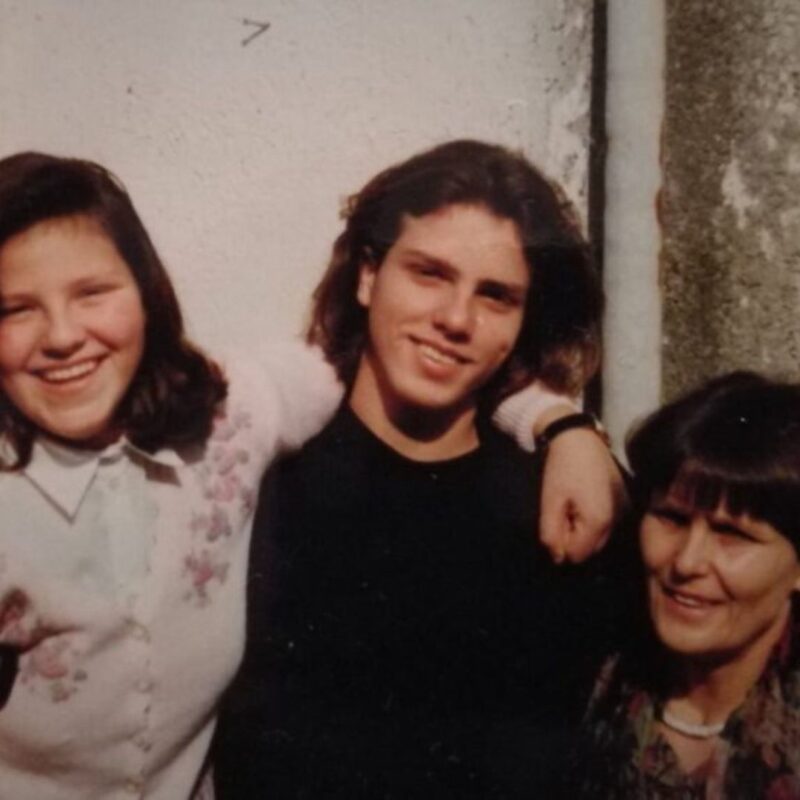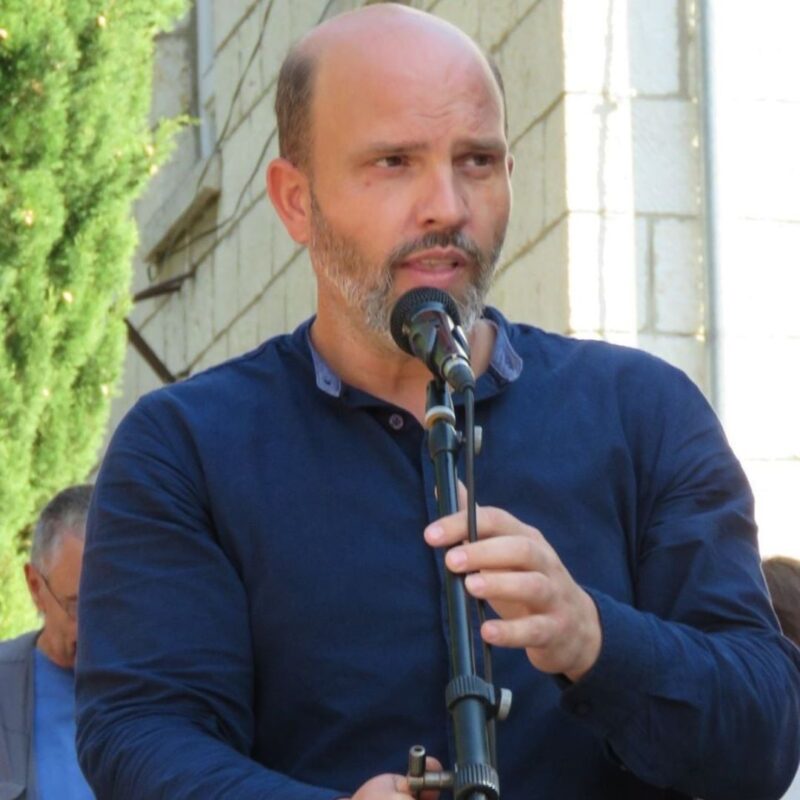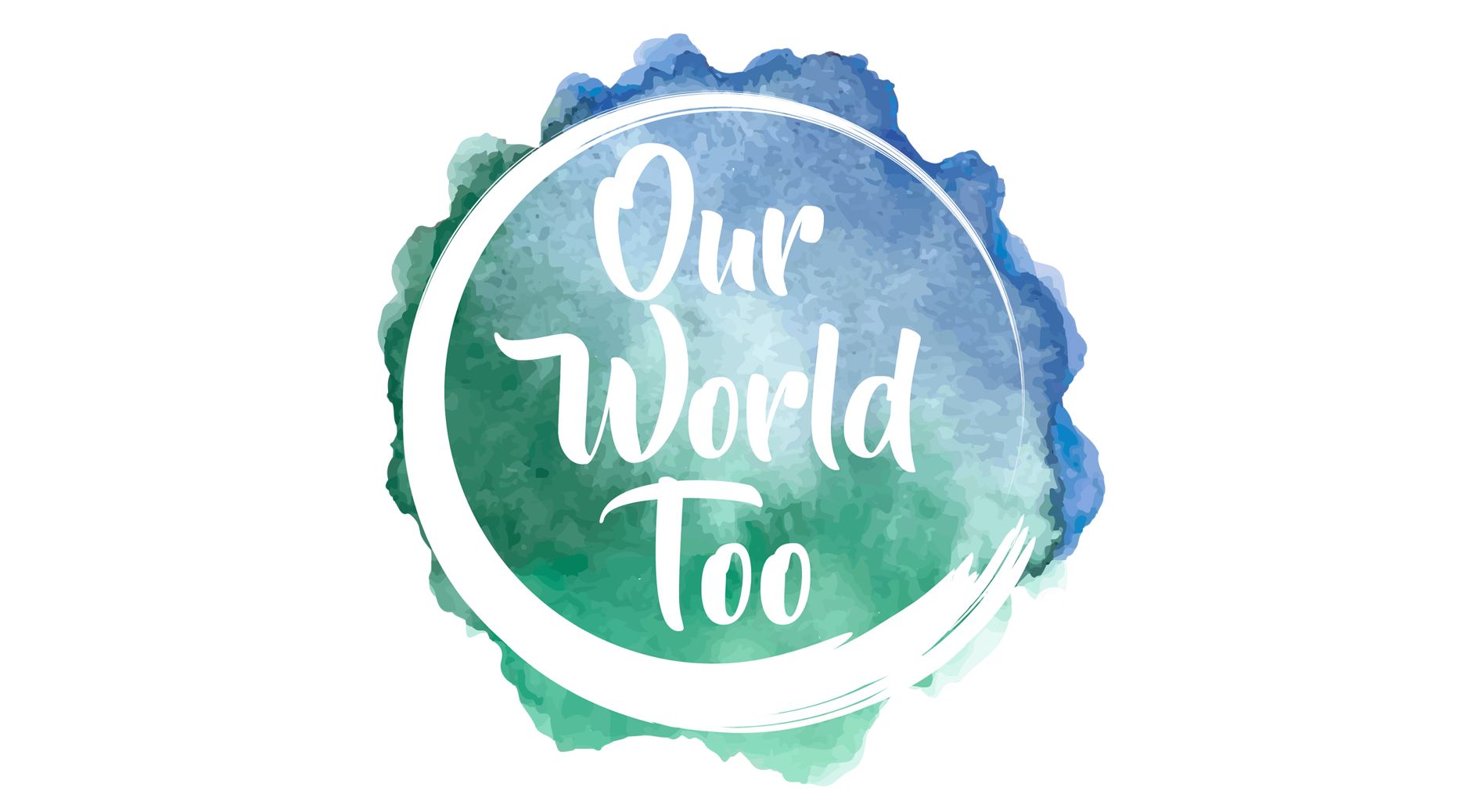Humanism is something we need to share
I was 15 when my family and I had to leave Stolac, our hometown in Bosnia and Herzegovina (BiH). I remember the first 6 months were very hard because I was away from home, with no friends or school and I was a foreigner in every environment. The next 13 months of my life took me across Croatia, Kuwait and Slovenia, none of them turned out to be permanent, either due to safety concerns or an uncertain immigration status.
In 1994, we had a temporary visa to stay in Slovenia, but my brother had been killed in combat, fighting for a free and fair BiH. My mother was still grieving and despite the ongoing conflict had an unquenchable desire to return home and be close to his grave. My mother’s grief over losing a child outweighed her need for personal safety. I often think about the choices refugees make and how they are perceived by someone on the outside, they might not seem like the smartest thing to do but ordinary logic can’t be applied to extraordinary circumstances.


I was also on the verge of returning to BiH to fight but I had done so well in my IGCSEs that the UK’s Muslim community sponsored me to continue my A-Levels in the UK. I feel this was when the second stage of my refugee experience began. My mind finally accepted I was safe, and I could make plans beyond the next few days. Psychologically, mentally and physically you feel different, but I couldn’t shake the feeling of being ashamed when I thought about the comfort I was living in compared to those who were still fighting and hungry in BiH. More than 2 decades later I still feel guilty about not being there when it was hardest.
I’d made a commitment to return to BiH as soon as possible. I studied hard and I got married at 19 because of this overwhelming sense of responsibility of being the only male left in my family. While in the UK, the people around me helped me focus and influenced me to become socially active. I finally felt like I had a mission and I was contributing to a cause. Activism gives me a deep sense of inner satisfaction and I continue to express my gratitude to God and to those individuals who were there for me. Humanism is something we need to share and carry on. When I see my children doing the same thing, I feel like I’ve done something right. Have I changed the world? No. Have I done the most I could? Maybe, but I could’ve done more. But am I happy with what I’ve done? Yes.
I feel lost about the current refugee crisis; the world seems colder than it did in the 90s. People are more selfish, self-centred. I feel humanity has gone backwards in the last twenty years. The language being used, and the manipulation of people is terrible.
I don’t believe there is a typical refugee, everyone’s experience is unique. I found a home in the UK, but I still decided to go back. My friends didn’t understand why I wanted to return, but for me personally, I feel that until you go back you’re not free, you’re constantly carrying the injustice you were subjected to. For me there are only two options, you never give up on going back or you give up on going back. There is no freedom for refugees until the injustice is fixed.
I feel lost about the current refugee crisis; the world seems colder than it did in the 90s. People are more selfish, and self-centred. I feel humanity has gone backwards in the last twenty years. The language being used, and the manipulation of people is terrible. At an individual level, we should do whatever we can. I feel as a Bosnian refugee our experience was better than that of the Syrian refugees. Was it because we were white refugees? I don’t have an answer to that, I have too little experience and data to draw conclusions, or was I simply too young to know the difference?

